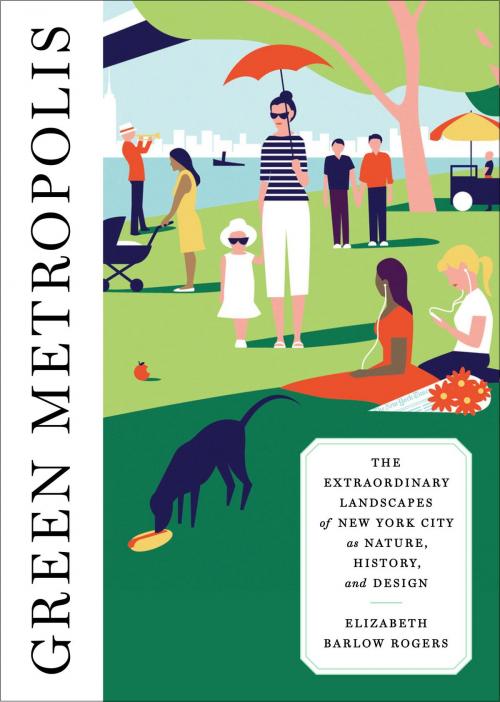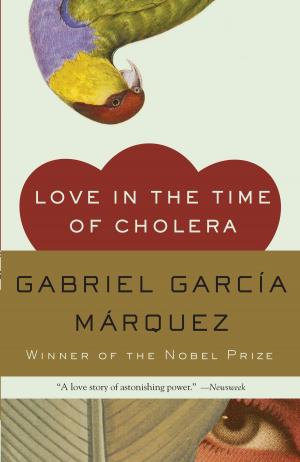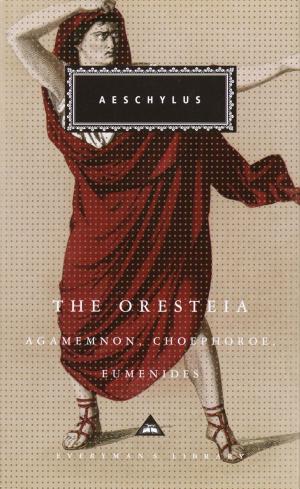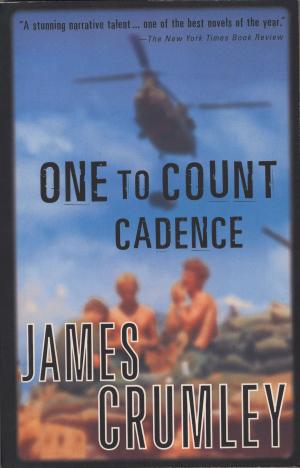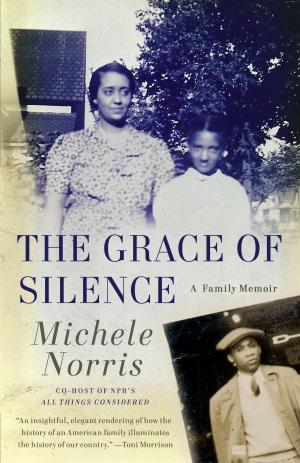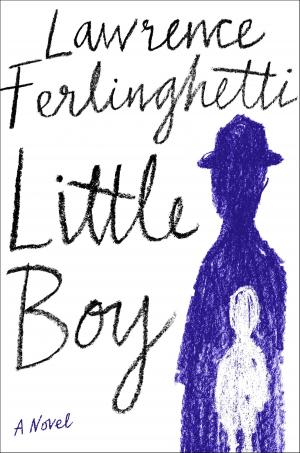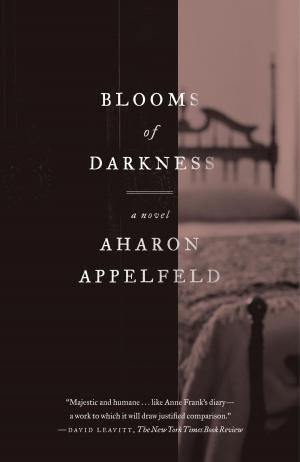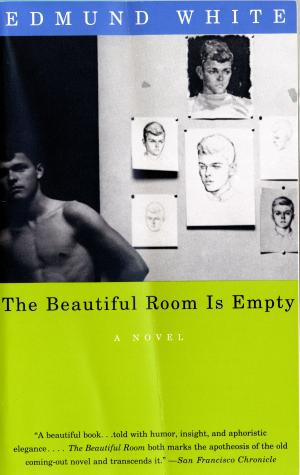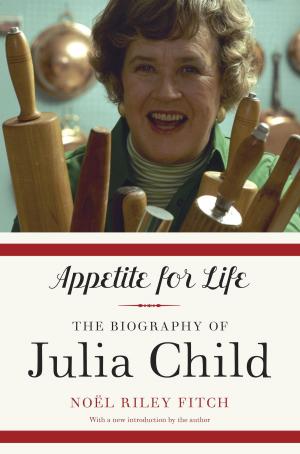Green Metropolis
The Extraordinary Landscapes of New York City as Nature, History, and Design
Nonfiction, Science & Nature, Nature, Environment, Environmental Conservation & Protection, Art & Architecture, General Art, History, Americas, United States| Author: | Elizabeth Barlow Rogers, Tony Hiss | ISBN: | 9781101875544 |
| Publisher: | Knopf Doubleday Publishing Group | Publication: | April 19, 2016 |
| Imprint: | Knopf | Language: | English |
| Author: | Elizabeth Barlow Rogers, Tony Hiss |
| ISBN: | 9781101875544 |
| Publisher: | Knopf Doubleday Publishing Group |
| Publication: | April 19, 2016 |
| Imprint: | Knopf |
| Language: | English |
Elizabeth Barlow Rogers, the woman who launched the restoration of Central Park in the 1980s, now introduces us to seven remarkable green spaces in and around New York City, giving us the history—both natural and human—of how they have been transformed over time.
Here we find: The greenbelt and nature refuge that runs along the spine of Staten Island on land once intended for a highway, where mushrooms can be gathered and, at the right moment, seventeen-year locusts viewed. Jamaica Bay, near John F. Kennedy International Airport, whose mosaic of fragile, endangered marshes has been preserved as a bird sanctuary on the Atlantic Flyway, full of egrets, terns, and horseshoe crabs. Inwood Hill, in upper Manhattan, whose forest once sheltered Native Americans and Revolutionary soldiers before it became a site for wealthy estates and subsequently a public park. The Central Park Ramble, an artfully designed wilderness in the middle of the city, with native and imported flora, magnificent rock outcrops, and numerous species of resident and migrating birds. Roosevelt Island, formerly Welfare Island, in the East River, where urban planners built a “new town in town” in the 1970s and whose southern tip is the dramatic setting for the Louis Kahn–designed memorial to Franklin Delano Roosevelt. Freshkills, the unusual twenty-two-hundred-acre park on Staten Island that is being created out of what was once the world’s largest landfill. The High Line, in Manhattan’s Chelsea and West Village neighborhoods, an aerial promenade built on an abandoned elevated rail spur with its native grasses and panoramic views of the Hudson River and the downtown cityscape.
Full of the natural history of the parks along with interesting historical facts and interviews with caretakers, guides, local residents, guardians, and visitors, this beautifully illustrated book is a treasure trove of information about the varied and pleasurable green spaces that grace New York City.
Elizabeth Barlow Rogers, the woman who launched the restoration of Central Park in the 1980s, now introduces us to seven remarkable green spaces in and around New York City, giving us the history—both natural and human—of how they have been transformed over time.
Here we find: The greenbelt and nature refuge that runs along the spine of Staten Island on land once intended for a highway, where mushrooms can be gathered and, at the right moment, seventeen-year locusts viewed. Jamaica Bay, near John F. Kennedy International Airport, whose mosaic of fragile, endangered marshes has been preserved as a bird sanctuary on the Atlantic Flyway, full of egrets, terns, and horseshoe crabs. Inwood Hill, in upper Manhattan, whose forest once sheltered Native Americans and Revolutionary soldiers before it became a site for wealthy estates and subsequently a public park. The Central Park Ramble, an artfully designed wilderness in the middle of the city, with native and imported flora, magnificent rock outcrops, and numerous species of resident and migrating birds. Roosevelt Island, formerly Welfare Island, in the East River, where urban planners built a “new town in town” in the 1970s and whose southern tip is the dramatic setting for the Louis Kahn–designed memorial to Franklin Delano Roosevelt. Freshkills, the unusual twenty-two-hundred-acre park on Staten Island that is being created out of what was once the world’s largest landfill. The High Line, in Manhattan’s Chelsea and West Village neighborhoods, an aerial promenade built on an abandoned elevated rail spur with its native grasses and panoramic views of the Hudson River and the downtown cityscape.
Full of the natural history of the parks along with interesting historical facts and interviews with caretakers, guides, local residents, guardians, and visitors, this beautifully illustrated book is a treasure trove of information about the varied and pleasurable green spaces that grace New York City.
